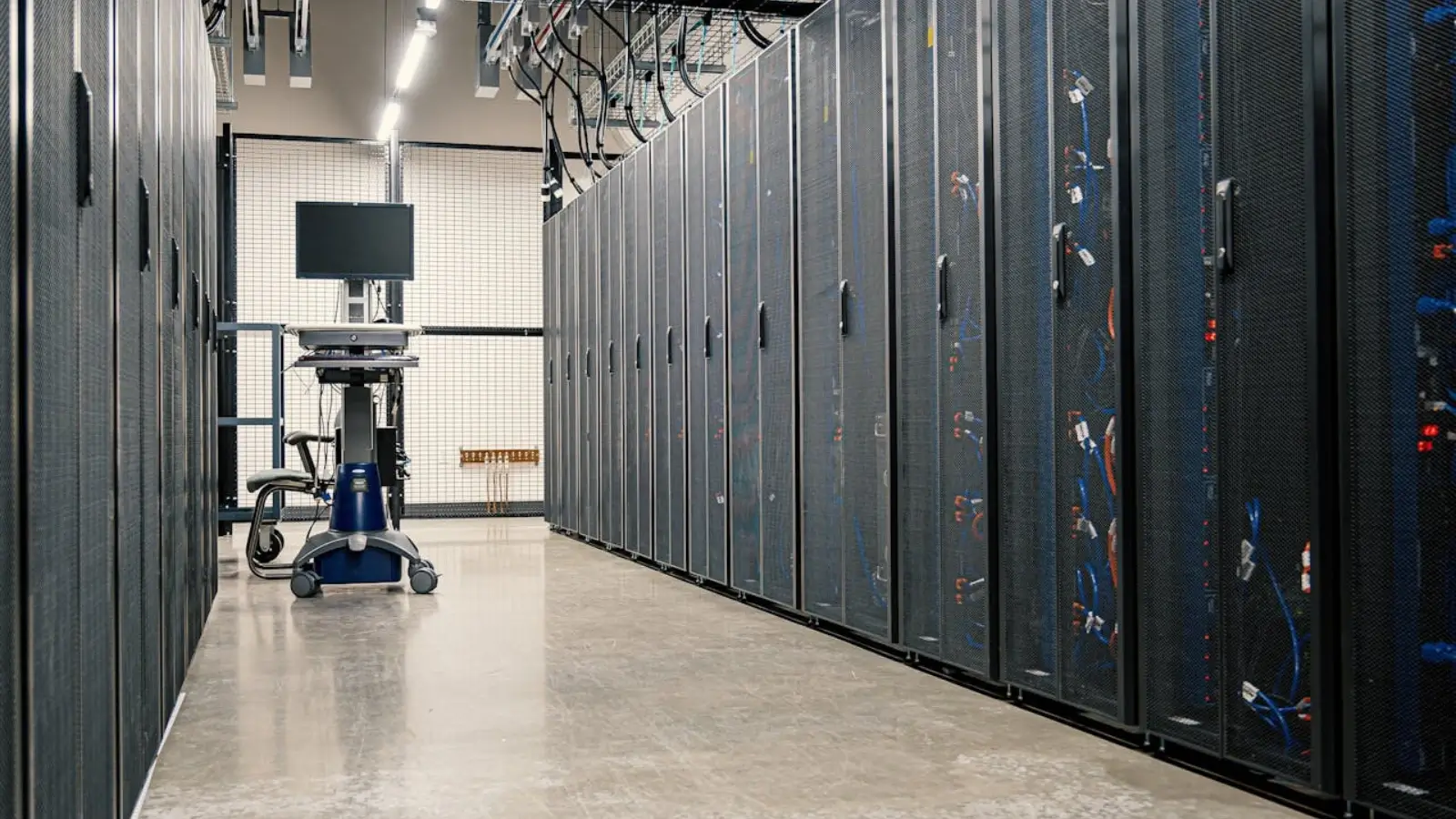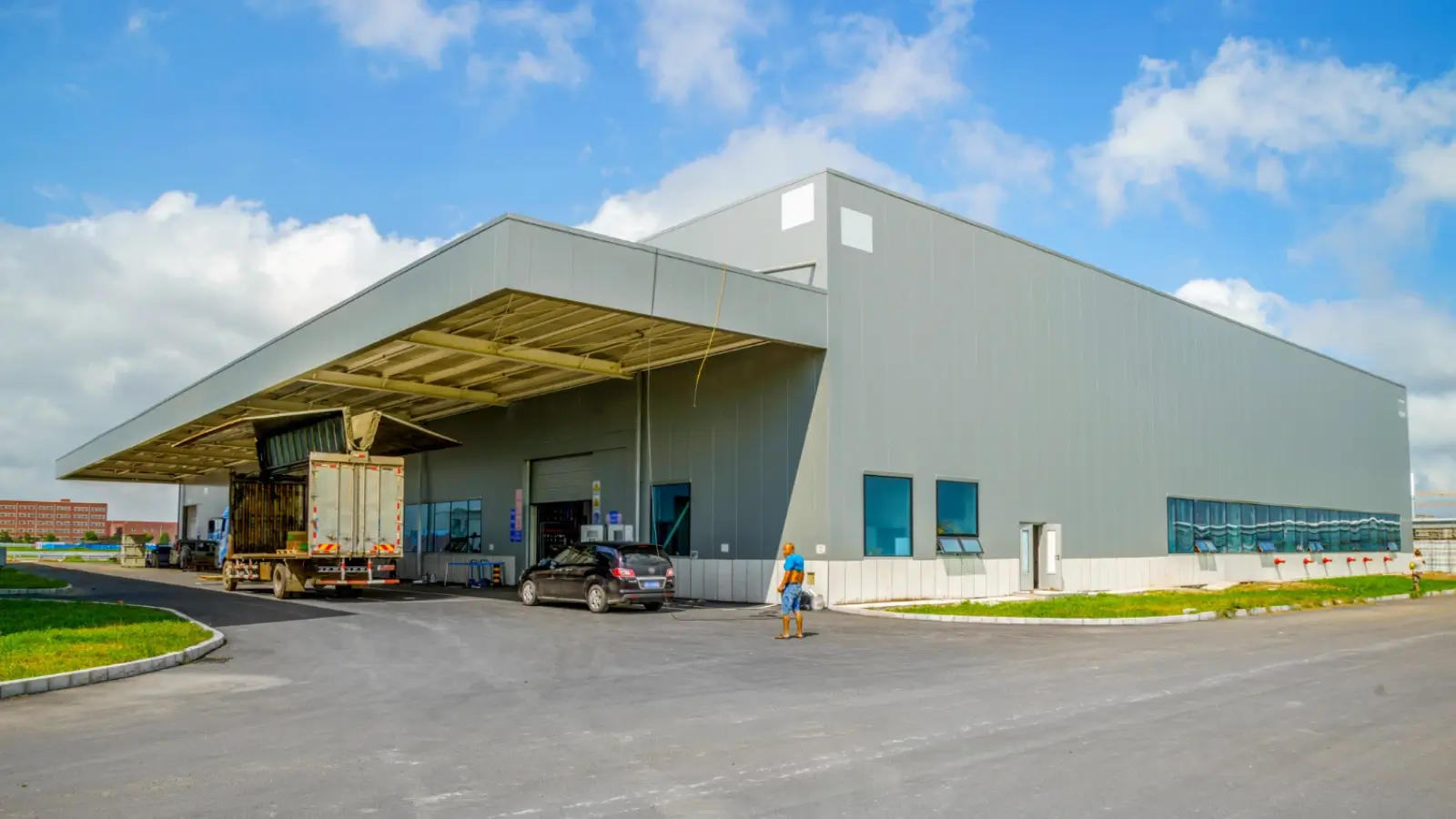


India’s retail landscape has transformed dramatically over the past decade. From online marketplaces to hyper-local delivery platforms, consumer expectations around speed, convenience, and affordability have reshaped how goods move across the supply chain. The rise of e-commerce and, more recently, quick-commerce has created an unprecedented demand for warehouses, last-mile hubs, and storage facilities across the country.
In high-growth cities like Bangalore and Hyderabad, businesses are increasingly looking for strategically located storage spaces. This is why demand for a warehouse for rent in Bangalore and a warehouse for rent in Hyderabad is witnessing exponential growth.
India’s e-commerce sector is projected to surpass $200 billion by 2027, driven by:
This has made warehouses the backbone of e-commerce fulfillment, ensuring inventory is stored closer to customers for faster deliveries.
Quick-commerce, led by players like Blinkit, Zepto, Swiggy Instamart, and Dunzo, has raised the bar even higher—promising delivery in 10–30 minutes.
To achieve this, companies need dark stores and micro-warehouses strategically placed in urban centers. Unlike traditional e-commerce, quick-commerce thrives on hyperlocal storage and faster restocking cycles.
Customers now expect same-day or next-day delivery, making warehouses in city outskirts and tier-2 hubs crucial. Quick-commerce compresses this further, requiring warehouses inside city limits for real-time fulfillment.
Beyond electronics and fashion, online sales of groceries, FMCG, and fresh produce have skyrocketed. These categories demand temperature-controlled warehouses and specialized storage, driving the need for diverse warehousing solutions.
Cities like Mysuru, Vijayawada, and Coimbatore are witnessing e-commerce penetration. To serve these regions efficiently, companies are leasing warehouses in Bangalore and Hyderabad as central distribution hubs.
Policies like the PM Gati Shakti Plan and National Logistics Policy (NLP) aim to reduce logistics costs (currently 13–14% of GDP). This is driving investments in large-scale godowns, multi-modal logistics parks, and cold chain facilities.
Bangalore, known as India’s IT capital, is also emerging as a logistics powerhouse.
Whether it’s large-scale godowns or micro-warehouses, the demand for a warehouse for rent in Bangalore continues to soar across sectors.
Hyderabad has rapidly positioned itself as a major warehousing and logistics hub in South India.
For businesses scaling in South India, securing a warehouse for rent in Hyderabad ensures faster customer reach and optimized logistics costs.
Warehouses are no longer just storage spaces—they are now tech-driven logistics hubs.
Both Bangalore and Hyderabad are at the forefront of adopting smart warehousing solutions, making them ideal choices for modern businesses.
|
Factor |
Bangalore |
Hyderabad |
|
Key Drivers |
E-commerce, IT workforce, quick-commerce |
Pharma, biotech, retail, e-commerce |
|
Connectivity |
Strong airport & highway access |
Central location with ORR & airport |
|
Hotspots |
Hoskote, Nelamangala, Devanahalli, Bidadi |
Shamshabad, Patancheru, Kothur, Medchal |
|
Quick-Commerce Readiness |
High demand for micro-warehouses |
Emerging micro-warehousing clusters |
|
Rental Trends (2025) |
₹18–₹25 per sq. ft/month |
₹15–₹22 per sq. ft/month |
Businesses with B2C focus (like e-commerce and quick-commerce) lean towards Bangalore for last-mile delivery, while B2B and pharma-heavy sectors find Hyderabad more attractive.
For investors and businesses alike, leasing or owning warehouses offers several benefits:
With India’s consumption-driven economy and rising online retail, warehouses are not just business necessities but also lucrative investment opportunities.
The boom in e-commerce and quick-commerce has transformed warehousing into the backbone of India’s supply chain. To meet customer expectations of faster deliveries, businesses must invest in strategically located godowns across key hubs like Bangalore and Hyderabad.
As India moves towards becoming a global e-commerce powerhouse, the smarter business decision in 2025 is to secure modern, strategically located warehouses that balance storage, speed, and scalability.